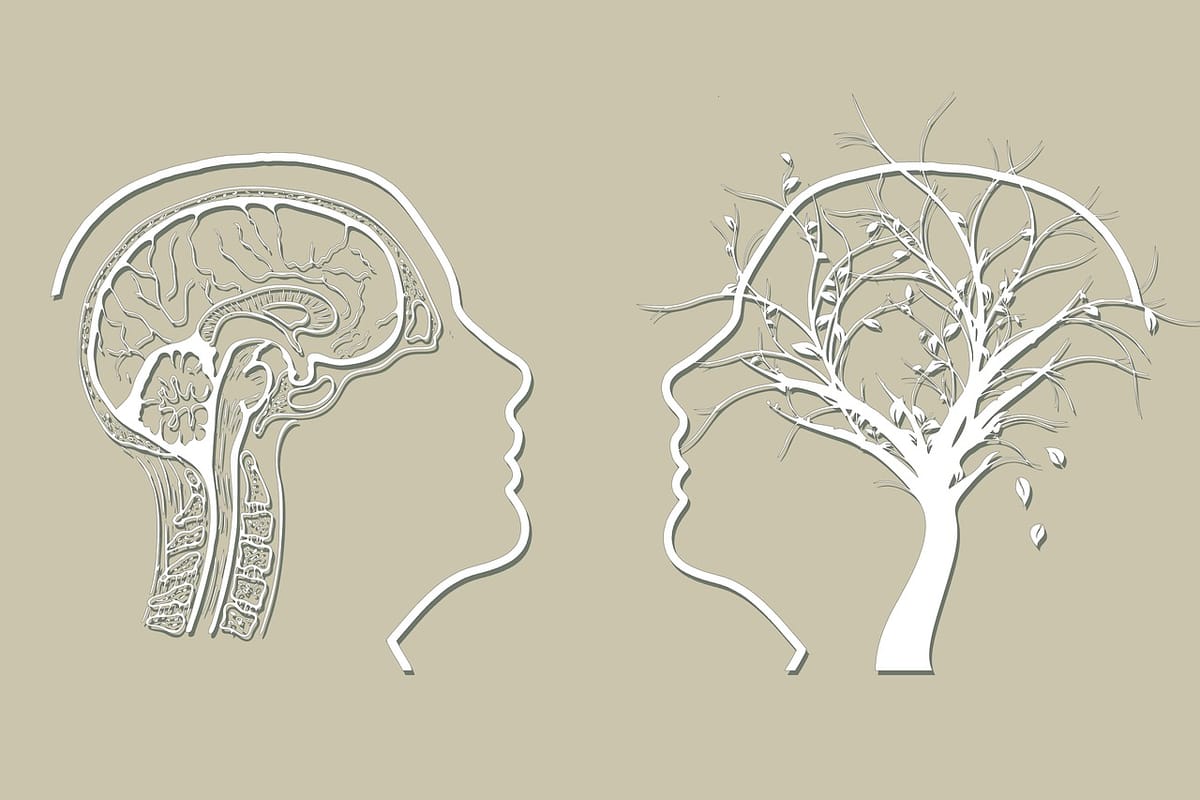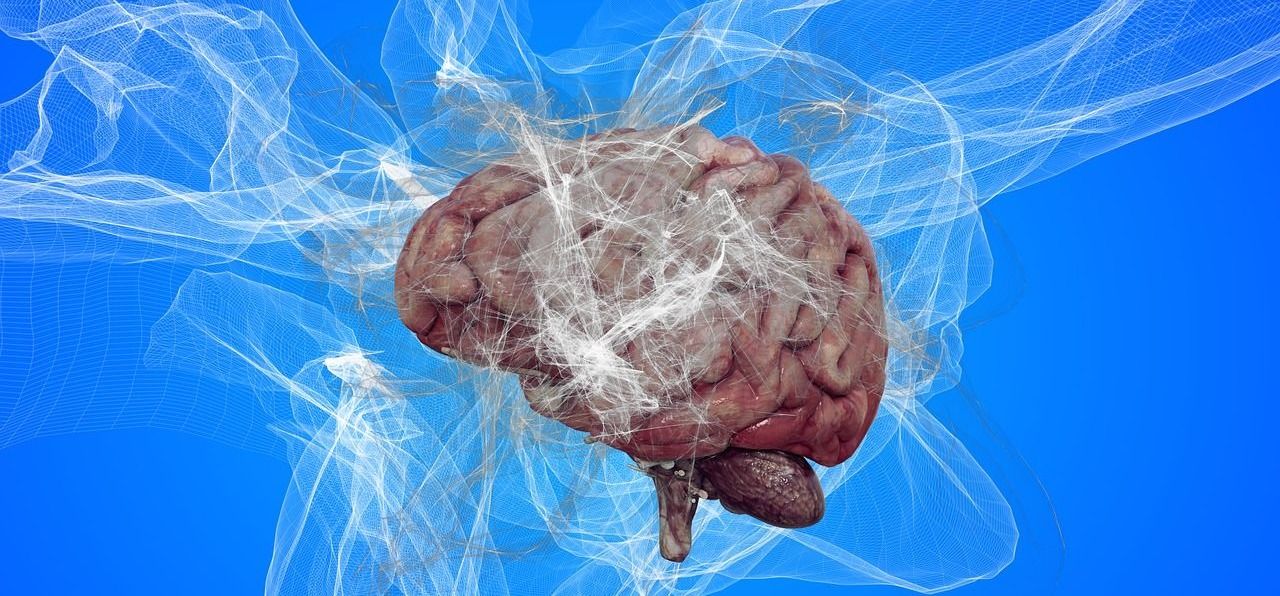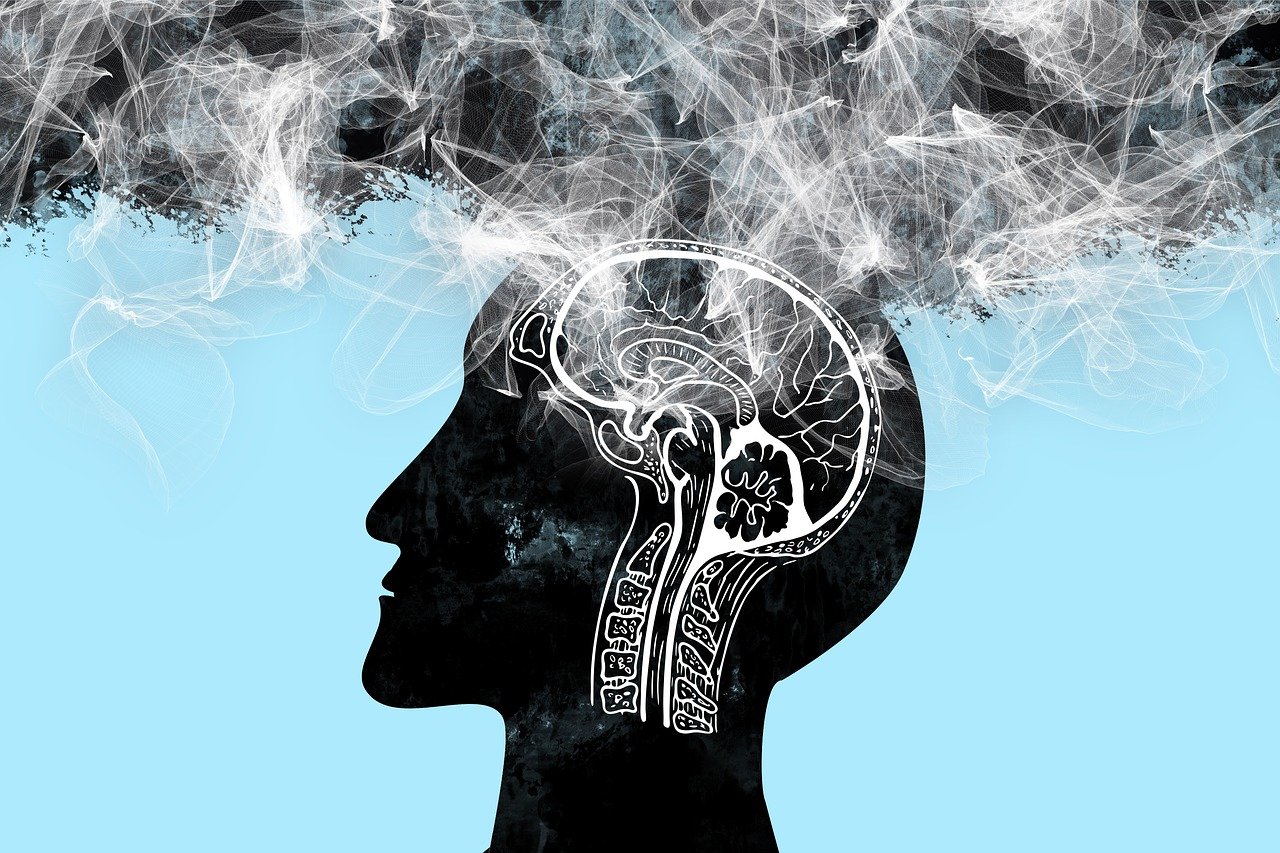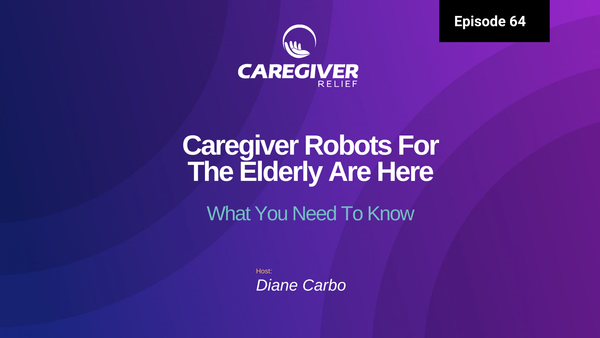Is There a Link Between Alzheimer's Disease and Brain Fog?

I have had periods of brain fog in my life. I suffer from chronic pain and I have gone through menopause.
My oldest son, Geoff, was a soldier and Korean linguist. Learning new and challenging things came easy to him. He developed a serious pain condition and used to complain about "The brain fog". Due to his chronic pain, he struggled to focus and felt such terrible mental fatigue, as he struggled to learn new things. it affect his social activities often.
I am asked often about brain fog and brain fog treatment. Many are very concerned that this is the first symptom of Alzheimer's or another type of dementia.
How Does Brain Fog Feel?

Memory problems can often lead to anxiety.Then you start wondering if it's a root cause of something more serious. For many women in their late forties and early fifties, the hormonal changes that occur during menopause can bring even greater concern. Trying to distinguish between the changes associated with aging versus those related to Alzheimer’s disease, is a legitimate concern.
Conditions that Cause Brain Fog

There are many other conditions that cause brain fog. These medical conditions and lifestyle habits might be contributing factors that affect brain health. Stress, inflammatory diseases like chronic fatigue syndrome, sleep deprivation or a food allergy and even taking a medication may all contribute to cognitive dysfunction and poor health.
As we journey through life it's normal to experience moments of mental fatigue. But if you find yourself repeatedly struggling to remember things and have poor concentration issues, difficulty problem-solving or becoming easily confused – these could be warning signs of something more serious than simple brain fog.
While both conditions can have similar cognitive symptoms such as slowed thinking processes and a decrease in visual-spatial skills; understanding when the cause is an age-related form of dementia requires careful observation by those around us who are familiar with our behaviors. and this is a topic to discus with you doctor.
Brain fog can be a scary thing, but it's less frightening than Alzheimer’s disease. When trying to figure out the root cause of your brain fog, explore common causes and other medical conditions that affect you body, your memory and your focus.
Depression, stress overload or lack of sleep could also contribute to this issue along with a vitamin/mineral nutrient deficiency like Vitamin B12 deficiency.
It's important to note here that Poor thinking ability and memory problems and sleep disorders are a very common symptom of depression.
For many people, treating their depression clears up symptoms of brain fog and cloudy thinking. For this reason, everyone with these symptoms, even people in their seventies and beyond, should be screened for depression.
It is worth noting that these conditions often come in pairs or even threes. - for example if you're feeling stressed-out then chances are good that it's impacting both your sleep patterns and depression !
Do you Struggle to Remember Things? Is it Depression?

Do you struggle to remember things? Are you having as if you have no brain power? Experiencing poor concentration ? These symptoms can be a sign of depression.
It is especially important for those in their later years to get screened for depression on a regular basis by your healthcare provider. They can do tests to rule out other medical conditions as well as rule out brain fog. Proper treatment for depression may help prevent cognitive decline caused by the brain fog disorder. It may be a thyroid disorder that is easily treatable. Don't let age stop you from achieving mental clarity; ask your doctor about getting tested if these symptoms apply to you!
Brain fog and alzheimer's or other dementia types are different medical conditions. First, brain fog is a disorder. Alzheimer's disease is a disease. It can be difficult to decipher the difference between brain fog and other cognitive illnesses.
While those with "brain fog" likely only experience difficulty in their memory, dementia or Alzheimer's affects your ability to understand day-to-day responsibilities such as work life, finances, housekeeping tasks and enjoyable activities.
Studies linking Brain Fog and Dementia
Brain fog is a troubling. It interferes with mental clarity and causes mental fatigue. Recent studies have shown that the severity of brain fog, when left untreated, may be related to cognitive impairment. Doctors believe this medical condition, brain fog could also potentially be caused due to not getting enough sleep. Of course, physical discomfort like pain or other symptoms can lead to further cognitive dysfunction. There are individuals that have chronically low body temperature that causes brain fog. These findings are helping to gain insight into brain fog and work towards finding effective brain fog treatments for improved wellbeing.
Here are a few of the most common causes of Brain Fog:

Head trauma Any person that has suffered a concussion could have attention deficit syndromes and a lack of memory.
Changes in hormones. Women and men alike can find themselves dealing with drastic hormonal changes throughout their lives. This may cause unwanted side-effects like decreased focus and anxiety resulting in brain fog. This problem is particularly prominent for women during the perimenopause phase as well as pregnancy. Women experience significant changes to estrogen levels that result in hot flashes, lack of sleep, anxiety and brain fog. Developing brain fog isn't inevitable though - staying on top of hormones through regular check ups could help you avoid it!
Left Untreated, Sleep Disorders, either insomnia or oversleeping, can give you a brain fog that lasts for as long as the symptoms of your sleep disorder is present. Sleep apnea is a sleep disorder that cause decrease oxygen to the brain that makes you feel foggy all day long
Cancer treatments cause decrease in cognitive function and mental clarity. we have all heard someone complain of chemo brain. It is a type of brain fog that comes from many different cancer medications, not just chemo. Some cancer treatments cause a decrease in red blood cells. Red blood cells are responsible for getting oxygen rich bold to the brain.
A decrease in red bold cells will result in decreased brain functions and energy levels. Cancer treatment can also result in a compromised immune system. Again causing brain fog to affect memory and ability to focus.
Chronic fatigue syndrome, chronic stress, fibromyalgia, chronic pain migraines have one thing in common. Many of these conditions have individuals have a compromised immune system complain of pain, stiff muscles and joints, and foggy brain.
Poor nutrition and dehydration or (lack of water) can make you feel dizzy, disoriented and decreased cognitive function. Following a strict diet can be daunting and difficult to stick with. Unfortunately, if you're not careful it could lead to more than just an unfulfilled craving; cutting out carbs suddenly (like the Keto Diet) may result in brain fog caused by low blood glucose levels that's harmful for both brain health and memory! Nutritionists have specifically designed diets that are suitable for any lifestyle however make sure your sanity isn't sacrificed when trying to get healthier - remember about carbohydrates as fuel for our brains too!
Foods that contain many saturated fats or the quality of proteins is low, can deteriorate your body function and cause you memory loss and distress.
Medications such as sleep aids, antacids are just a few medications that cause brain fog.
Stress can wreak havoc on the human body. The central nervous system plays an important role in this cycle- with specialized hormones kickstarting our fight or flight response mode during times of distress. Excessve amounts of adrenaline and cortisol will cause one's nervous system to stay active for far too long. Stress affects the digestive system, sleep, mood and our ability to remember things.
It's important to be aware of the potential risk that brain fog may pose when it comes to dementia. Brain fog can interfere with everyday activities, resulting in poor concentration or ability to remember things. This may lead down a path towards Alzheimer's disease or another type of dementia in the future.
This doesn't need to be your outcome!
Take action to protect your mental clarity and reduce the risk of dementia! Brain fog and dementia prevention include regular exercise, eating a healthy diet, regularly monitoring any medical conditions or taking medication that could be causing brain fog. Don’t forget about to reduce stress and get adequate rest too. Small steps can make big differences when it comes to maintaining cognitive health long-term.
You might also like this article:







